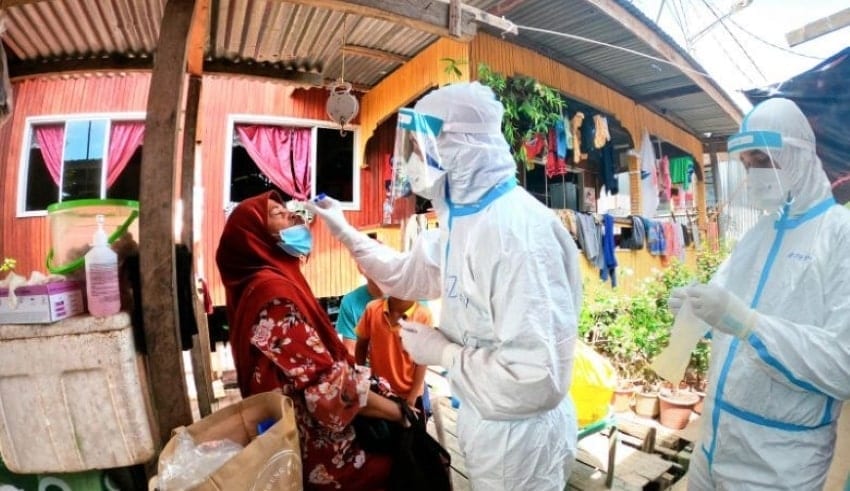
KUALA LUMPUR – Malaysian King Al-Sultan Abdullah Ri’ayatuddin Al-Mustafa Billah Shah has decided to declare a state of emergency in Batu Sapi in order to delay the forthcoming by-election scheduled for 5 December, in order to avert a possible fourth wave of COVID-19 cases in Malaysia.
A statement released on Wednesday evening (Nov 18) by palace comptroller Ahmad Fadil Shamsuddin confirmed that after a one-hour meeting with Prime Minister Muhyiddin Yassin, the king agreed to the emergency declaration.
KKM menyambut baik keputusan isytihar darurat di Parlimen Batu Sapi kerana ia boleh mencegah penularan jangkitan #COVID19. KKM telah syorkan penangguhan pilihan raya. Kita telah lihat PRN Sabah telah menyebabkan peningkatan kes dan sukar dibendung. – @DGHisham
— KKMalaysia(@KKMPutrajaya) November 18, 2020
Last month, Mr. Muhyiddin met with the king to request a plan to declare a state of emergency in Malaysia in the face of increasing cases of COVID-19 and political uncertainty.
After interviewing other Malay kings, the king said that there was no need at that time to declare a state of emergency in Malaysia.
Article 150 of the Federal Constitution of Malaysia specifies that on the advice of the Prime Minister, the Malaysian King may issue a decree of emergency if he is convinced that there is a real emergency that endangers stability, economic life or public order.
Following the announcement by the palace on Wednesday, Mr. Muhyiddin gave a live address to explain the decision to proclaim an emergency in Batu Sapi.
He said the decision was taken in the name of public health after a Cabinet meeting on Nov 13, and he did so.
“In making the decision, the Cabinet took note of the propagation of the Sabah pandemic as a result of the September state election,” Mr. Muhyiddin said.
Although the Election Commission (EC) was able to define strict standard operating procedures (SOPs), it was found that adherence to those SOPs was slow, said Mr. Muhyiddin.
Mr. Muhyiddin also found out that the case would require travel through districts by voters and duty workers, which was contradictory to the new Conditional Movement Control Order (CMCO).























